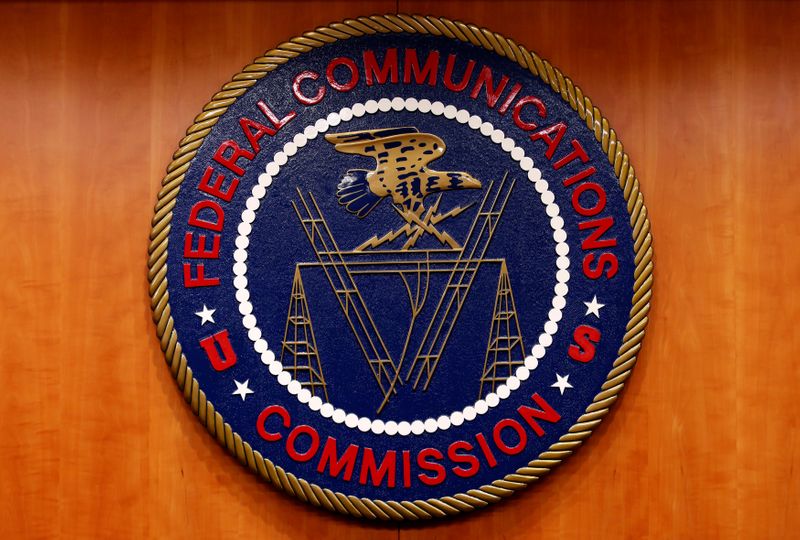By David Shepardson
WASHINGTON (Reuters) - The U.S. Federal Communications Commision (FCC) will vote on Nov. 18 to split a key spectrum block set aside for auto safety to accommodate the growing number of wireless devices, even as the Transportation Secretary warned of "thousands more deaths" in traffic accidents.
The FCC will vote to finalize a plan announced last year to divide a block of the 5.9 GHz spectrum band that was reserved in 1999 for automakers to develop technology to allow vehicles to talk to each other, but has so far gone largely unused.
Automakers have opposed the split on safety grounds, while many internet providers say the spectrum is essential to support growing wireless use.
FCC Chairman Ajit Pai said on Tuesday that "making more spectrum available for Wi-Fi is critical to meeting America's growing connectivity needs."
The FCC gave initial approval to the plan in December in a 5-0 vote. U.S. Transportation Secretary Elaine Chao previously warned the FCC decision could result in "thousands more deaths annually on road and millions more injuries than would be the case otherwise."
Major cable, telecom and content companies back the FCC proposal to open most of the spectrum band to Wi-Fi use.
Nearly all automakers oppose the proposal. Instead, they favor using the spectrum for developing technology to allow vehicles to exchange data about location, speed and direction.
A group representing major automakers said it was "concerned about the potential for harmful interference from Wi-Fi devices allowed to use the lower portion of the 5.9 GHz band under the proposal."
Such technology has been offered on just one General Motors Co (NYSE:GM) vehicle. Government studies have suggested the technology, if widely adopted among U.S. vehicles, could prevent at least 600,000 crashes annually.
In December 2016, the Transportation Department proposed requiring future vehicles to use dedicated short range communications (DSRC) to communicate with each other, but the Trump administration has not acted on the proposal.
The FCC plans to transition the upper 30 megahertz away from DSRC to enable a different automotive communications technology called Cellular Vehicle-to-Everything, or C-V2X, and use the other 45 megahertz for wireless use.
The Intelligent Transportation Society (ITS) of America said reallocating most of the 5.9 GHz band is reckless and shortsighted.
"The definition of tragedy and irony is the FCC giving away the safety spectrum to 'entrenched corporate interests' to profit from and ignoring transportation safety experts," said ITS America chief executive Shailen Bhatt.
